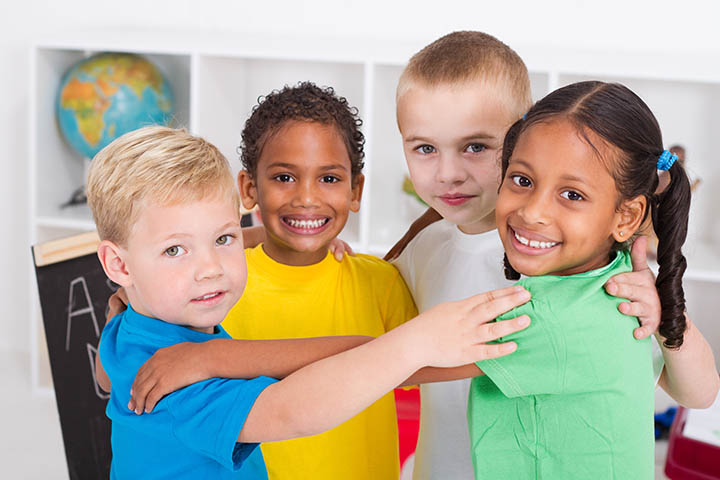As Harvard University professor Stephanie Jones said: “There is a moment for (social and emotional learning) right now."


“There is a moment for (social and emotional learning) right now,” Harvard University professor Stephanie Jones said.
“There is so much interest and excitement about it, that in order to take advantage of it and not lose it, we have to be really clear about what we mean, what we are targeting, and why it’s relevant,” Jones said at a recent Bennett Lecture in Prevention Science at Penn State University.
Jones is a member of the Council of Distinguished Scientists for the Aspen Institute’s National Commission on Social-Emotional Learning, which defines SEL as “a student’s ability to focus, manage emotions and stay engaged, which plays a large role in his or her ability to perceive, process and ultimately learn.”
Jones explained that her team is working on three areas of SEL—implementation, content, and lexicon—to determine what’s working best and promote the most effective practices.
“We have large group studies and trials of specific interventions that are located in preschools and schools, and those have told us about the kinds of specific behavioral, increasingly physiological, and academic outcomes that we can expect from interventions that are implemented in these settings,” Jones said, according to Penn State News.
One of the projects, funded by the Wallace Foundation, involves the analysis of 25 evidence-based SEL programs to determine which strategies drive positive outcomes for students. Jones said Harvard researchers are also working to create a website, briefs, coding system, and online searchable thesaurus to make their research more accessible to the public.
The overarching goal is to guide schools and organizations to better evaluate SEL programs and identify what works best to help students build the foundational social and emotional skills they need for success in school and life.
“Dr. Jones’ work demonstrates her big-picture thinking, her growing influence, in shaping new ways to think about the interface of research, policy and practice,” said Mark Greenberg, Bennett Chair of Prevention Research at the College of Health and Human Development. “Not many people extend themselves that far, and it’s one of the unusual things about Stephanie, her uncanny ability to think in new ways about old problems.”
Social and emotional learning is important because it highlights aspects of a child’s development as a person, and raises important questions about what is worthy of focus and which emotions are appropriate in a given situation.
Consider the capacity for empathy, for example.
University of Virginia sociologist James Davison Hunter wrote in The Death of Character:
It is through our capacity to imagine the suffering of others, even those in circumstances that are utterly alien to us, that we learn compassion and mercy . . . Empathy on its own simply does not lead to enduring, or discriminating moral commitments. Indeed, it can lead to just the opposite! As Bernard Williams observed, “If it is a mark of a man to have a conceptualized and fully conscious awareness of himself as one among others, aware that others have feelings like himself, this is a precondition not only of heroic benevolence but (as Nietzsche pointed out) of cruelty as well.”
The groundswell of research around SEL—and empathy in particular—is a golden opportunity for parents and educators to provide children with a clear moral compass that directs these important skills.
The Jubilee Centre for Character & Virtues offers helpful resources on developing emotional skill in children.